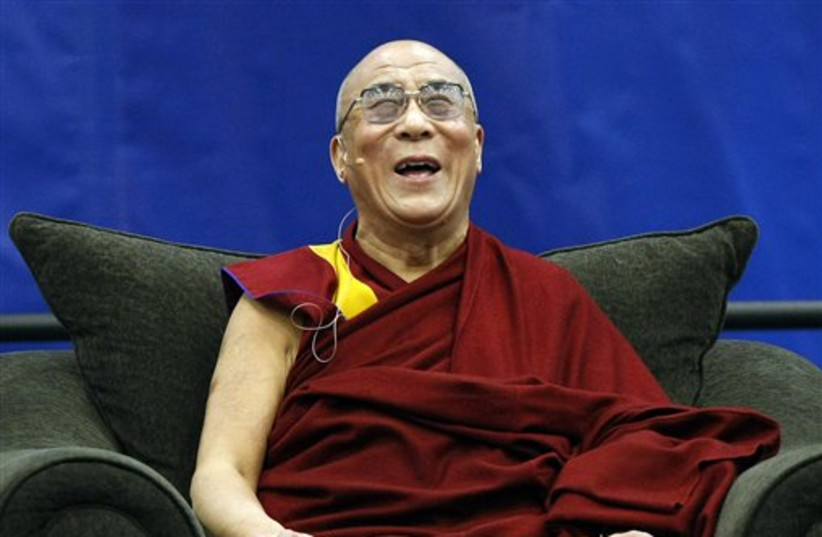The Dalai Lama, the Tibetans' 87-year-old spiritual leader, apologized on Monday after footage showed him asking a young boy to "suck my tongue" at a public event.
"A video clip has been circulating that shows a recent meeting when a young boy asked his Holiness the Dalai Lama if he could give him a hug," said a statement on the exiled leader's Twitter account, which has 19 million followers.
"A video clip has been circulating that shows a recent meeting when a young boy asked his Holiness the Dalai Lama if he could give him a hug,"
Dalai Lama Twitter account
"His Holiness wishes to apologize to the boy and his family, as well as his many friends across the world, for the hurt his words may have caused."
The statement said the Dalai Lama leader "often teases people he meets in an innocent and playful way, even in public and before cameras. He regrets the incident."
Why did the Dalai Lama kiss a boy and ask him to suck his tongue?
The video, which has 1 million views on Twitter, also shows the Nobel peace laureate apparently giving the boy a peck on the lips in presence of an audience who are heard clapping and laughing, while a man captures the moment on a phone. Reuters has not verified the clip.

The Dalai Lama, who fled to India in 1959 after a failed uprising against Chinese rule in Tibet, is regarded by Beijing as a dangerous separatist.
He has worked for decades to draw global support for linguistic and cultural autonomy in his remote, mountainous homeland.
He now lives in a compound next to a temple ringed by green hills and snow-capped mountains in the northern Indian town of Dharamshala.
